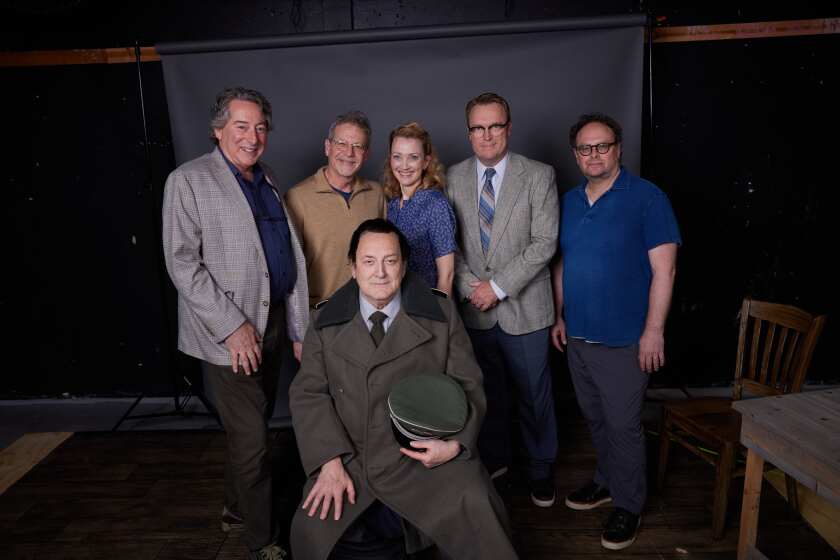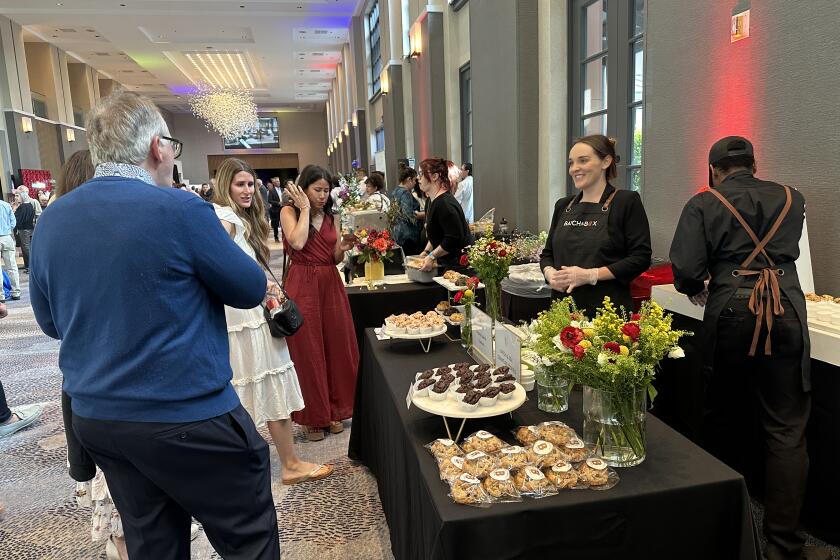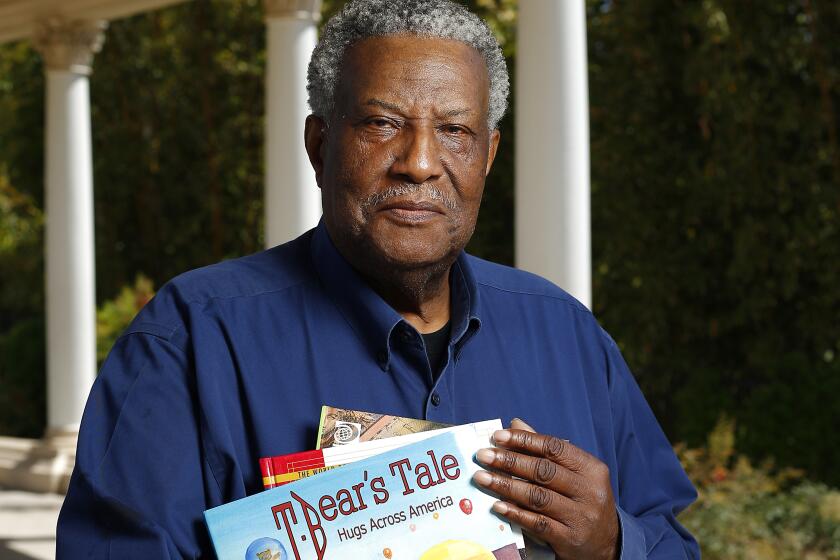Author Voss shares her pain, joy and growth in memoir ‘One of Everything’
By Antoinette Kuritz and Jared Kuritz
We love to read memoirs. And judging by the number of them being published, writers love to write them.
From “Angela’s Ashes” to “A Child Called It,” what many of the most successful memoirs have in common is the writer’s ability to put us on the ground amid the pain, pathos, turmoil, growth and joy of their personal story in a way that creates true empathy.
The reader is thus not only engaged, but also profoundly affected by a writer sharing a journey in a way that makes each of us take stock of our own.
In “One of Everything,” author Donna Carol Voss is not just honest, she is brutally honest, creating a story that is simultaneously engaging and enveloping. We feel her pain, her joy, her trepidation. We are brought back to our own youthful insecurities — magnified by the depth of her experience. And, in the end, we assess our journey as she has assessed hers. One has to wonder what it takes to open the door to a life the way the best memoirists do.
Meet Voss and learn about memoir writing at Barnes & Noble Grossmont at 6:30 p.m. May 29 and Barnes & Noble Oceanside at 5 p.m. May 30. Visit www.donnacarolvoss.com.
Q: Not many people would have the chutzpah to share a story like yours. When did you decide to write a memoir, and why did you write it as memoir and not fiction?
A: I fell into writing a memoir by accident when I read something at a writer’s conference that I had written as a lark about how weird it is to be a Berkeley grad living as a Mormon in Utah.
I decided to write the entire story as a memoir because doing so set me free from a lifetime of hiding different parts of myself from different people. I also believe that to make any experience meaningful, especially suffering, we need to use it to help others. I’m hoping that my willingness to come out of hiding will help someone else do the same.
Q: What did you find to be the most difficult part of writing a memoir?
A: Overcoming my fear of being judged for my past.
Q: What was the easiest?
A: Telling the funniest parts of the story.
Q: Other than the obvious, what is the biggest difference between writing fiction and memoir?
A: In fiction, if it bombs or people don’t like your characters, you toss it and try again; in memoir, it stings.
Q: In Chapter 3 of your book you state that, “Pretending takes on almost life-or-death importance, a Stockholm syndrome allegiance to the people I depend on for survival.” As a child, how was that manifested in your home life?
A: I find it interesting that children fight to stay with even the most abusive parents because that’s all they know. My parents were not abusive, merely damaged, but I knew nothing different and adapted myself to their limitations as a matter of unconscious survival. It felt disloyal and mildly shocking to realize later that they had failed as parents in a number of ways.
Q: You grew up with a certain amount of dysfunction in your home. How would you describe that dysfunction? What was its impact on you?
A: The dysfunction in my home arose from the same source from which I think all dysfunction arises, namely the unresolved pain of my parents. They had each passed out of childhood without experiencing close, loving relationships with their parents, and they couldn’t give me what they didn’t have. But understanding that embracing limitations is a choice, I have worked to overcome the effect of their shortfall in my life; recognizing the impact of this particular dysfunction, I in turn have chosen to work against what is comfortable and familiar to achieve close, loving relationships with my children — a work in progress.
Q: As an adult, do you believe that there are any families that truly avoid dysfunction?
A: I don’t see how. It’s like asking if there are any truly perfect families. I think dysfunction is a continuum and families range from low levels of dysfunction to extremely high levels. As Big Bird has been wont to say, “Nobody’s perfect.”
Q: We are shaped by our experiences, and you have definitely had experiences? What are the most profound ways in which yours have shaped you?
A: I can talk to anyone about anything, can see virtually any point of view. When I was a young child, I felt like I could slip inside someone else’s head and feel what they were feeling. My experiences only reinforced that sense of connection, and it has given me a great deal of compassion for others.
Q: How do your husband and children feel about you exposing your life and theirs in your memoir?
A: My husband is a remarkable man. I asked him once why he was willing to give me a chance when I had so much baggage, and he said, “Because I believe in the atonement.” He believes in me, also, a major reason why I have the confidence to tell my story. He’s only human, so he acknowledges that he has to take a few deep breaths as the book becomes public, but he has encouraged me harder than anyone to take this leap.
I asked my 19-year-old son how he feels about me exposing my life and his, and he said, “I don’t care. It’s a great story.” High praise indeed from a recent high-school graduate. He could talk my other two children off a cliff, so if it’s OK with him, it’s OK with them.
Q: It is said that everyone has a story. What sets yours apart? And what do you hope readers take away from reading your book?
A: Sheer volume of experience sets my story apart from most as well as its dizzying variety, each sparkle of which lives on in some fashion inside me.
Tennyson says in Ulysses, “I am a part of all that I have met.” What I love about my journey is that all that I have met is part of me. I’ve moved on from people, groups, religions and ideas, but I lived them fully at the moment and bring with me the best of their essence.
I hope readers take away that you can quit smoking without becoming a born-again smoker. You can disagree without becoming disagreeable. And even if you make some people mad, nothing feels better than being real.
Q: What is the best advice you ever received as a writer?
A: Voice is everything.
Q: What advice would you share with aspiring authors?
A: Have your work edited and proofed. Nothing makes a writer look worse than simple typos and grammar mistakes that could have been avoided.
Antoinette Kuritz and Jared Kuritz are the team behind STRATEGIES Public Relations and the La Jolla Writer’s Conference (www.lajollawritersconference.com).
Get the Del Mar Times in your inbox
Top stories from Carmel Valley, Del Mar and Solana Beach every Friday for free.
You may occasionally receive promotional content from the Del Mar Times.




